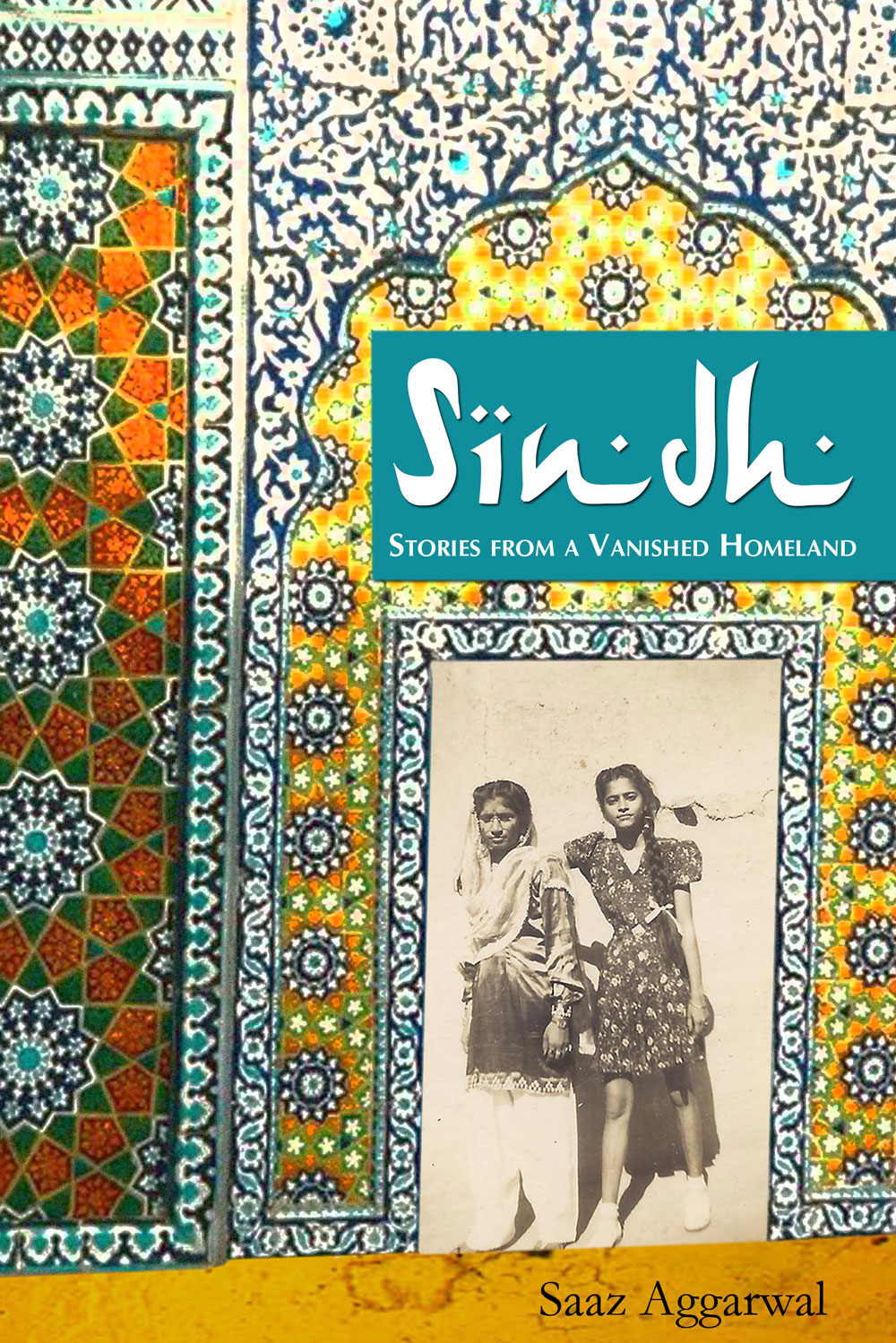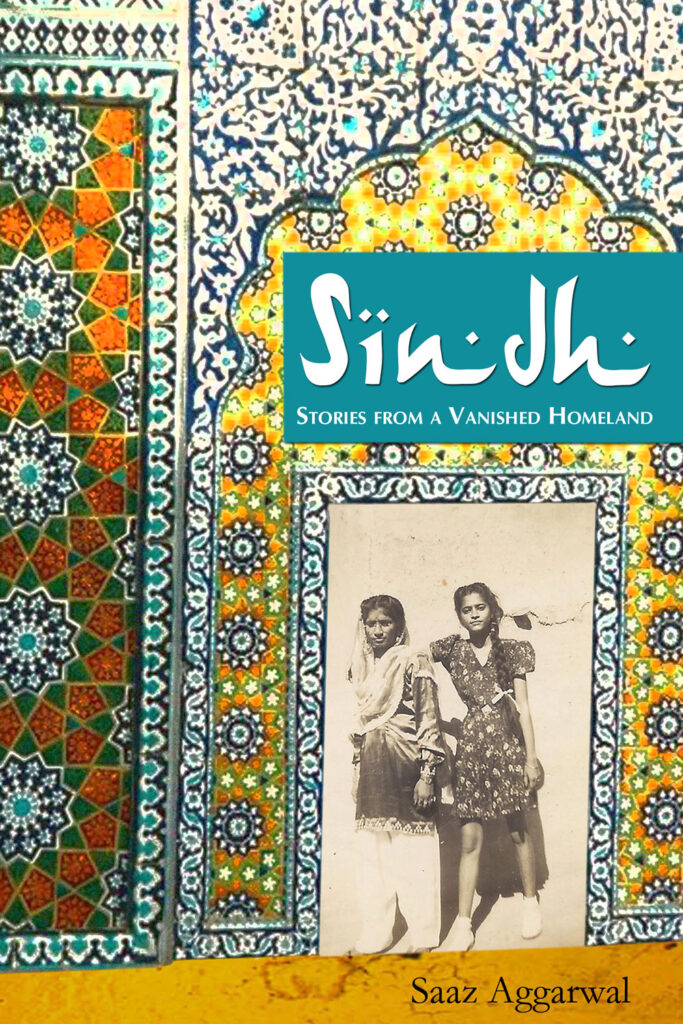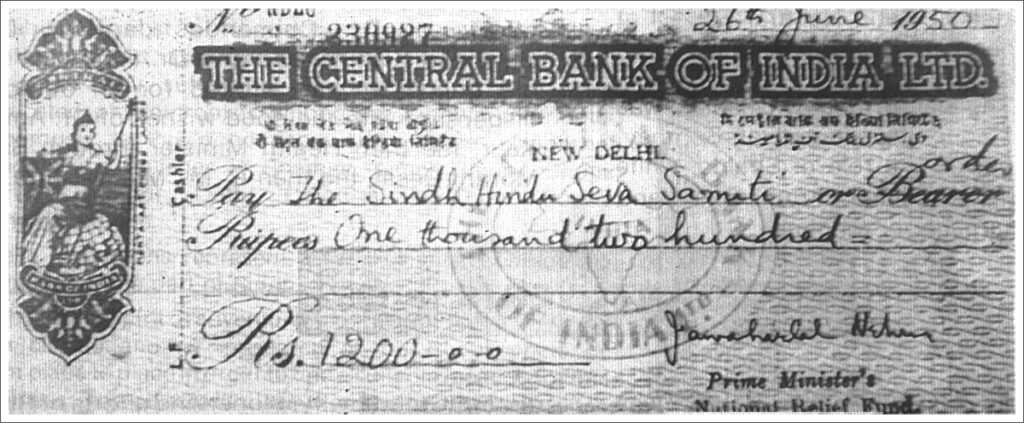
Sindh: Stories from a Vanished Homeland
Saaz Aggarwal
King's India Institute, King's College, London
About Sindh: Stories from a Vanished Homeland
Stories from a Vanished Homeland presents a collection of true stories that give a picture of life in Sindh before and during the Partition of India.
In 1947, as Britain readied to give India freedom, plans were made to partition the country, carving out a portion to create Pakistan. Punjab and Bengal would be split in two, with a part going to each country. Sindh, however, would be given intact to the new country, Pakistan. The Sindhi Hindus would remain in Sindh. They had been a minority community in Sindh for centuries, and had lived comfortably and in harmony; they expected that they would continue to do so.
However, this did not happen. Most of the Sindhi Hindus left their ancestral homeland, never to return. Making their homes in other parts of the world, very few looked back to mourn what they had lost. Hardly any passed on their stories to their children. Why were they silent? Was it their pain? Or perhaps their determination to leave the past behind and make a success of the new lives they were so roughly thrown into?
This book weaves together childhood memories with interesting and relevant facts, and gives a glimpse into a world that has never been given the representation it deserves.
About Saaz Aggarwal
Saaz Aggarwal has a Master’s degree in Mathematics, but over the years established herself as a writer and artist. Her body of work includes biographies, translations, critical reviews and humour columns, as well as themed painting collections and mixed media installations. She started working on documenting the Sindhi experience of Partition with her mother, who was Sindhi. Her first book was Sindh: Stories from a Vanished Homeland in 2012. Since then, she has written more books and academic articles, and also published books by others on the Sindhi Partition experience. Her books are in university libraries around the world.
Praise for Sindh: Stories from a vanished homeland
Through the skilful use of oral histories, Saaz Aggarwal’s book recreates the experience of living in undivided Sindh, in towns and villages peopled by both Hindus and Muslims. It then moves forward to the events of 1947, and the displacement of Sindhi Hindus, to their forced migration across the border, and the hard, heroic rebuilding of their lives in India.
Ramachandra Guha, The Telegraph, Calcutta, India Saturday, August 10, 2013
Structured along scrapbook lines, Stories from a Vanished Homeland interweaves factual information drawn from secondary sources — academic books and articles — with first-hand accounts, photographs, poetry and even cherished family recipes which together evoke a bittersweet nostalgia for times lost and even opportunities missed.
Sarah Ansari in Dawn, 20 Jan 2013


